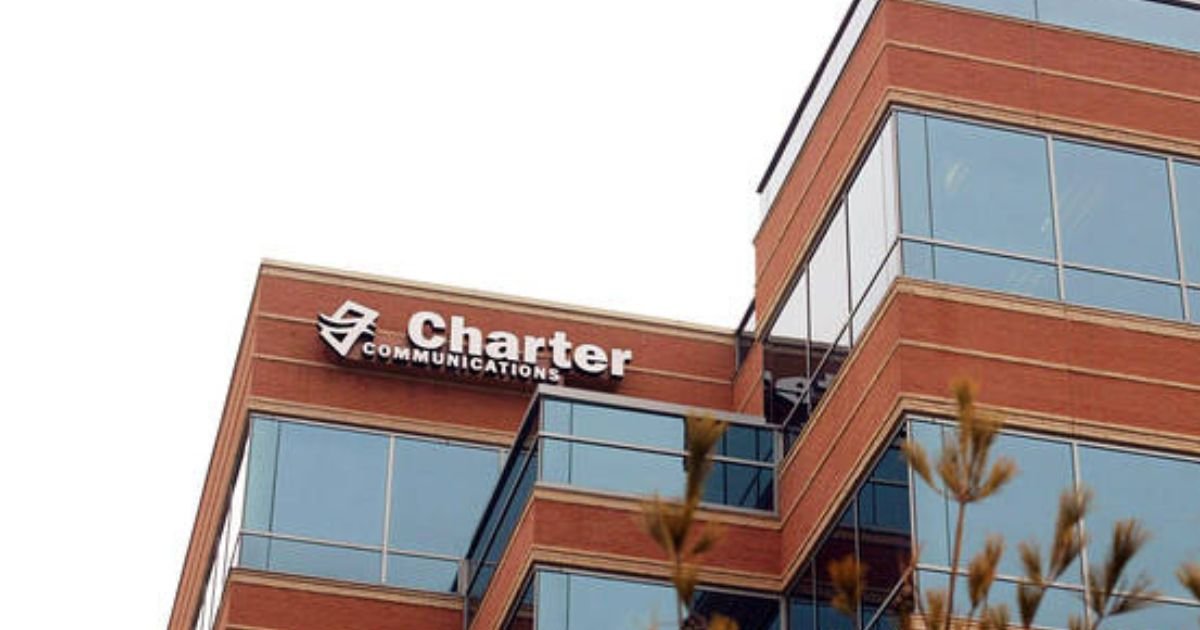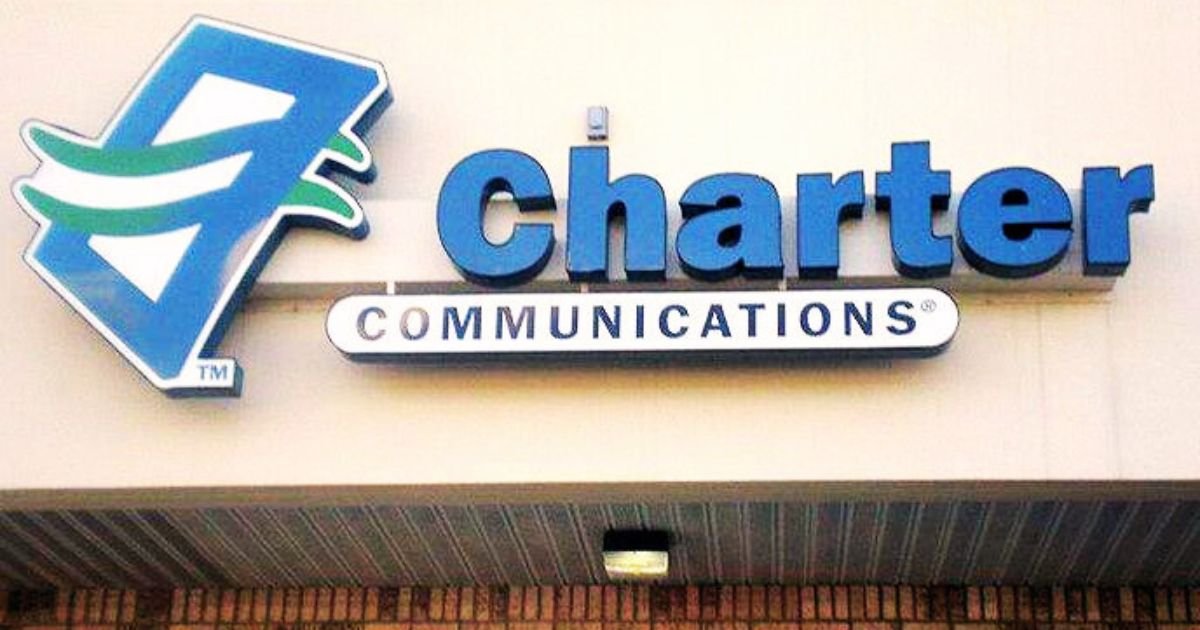Introduction
Charter Communications is a leading broadband connectivity company and cable operator in the United States. With over 31 million customers, Charter provides essential high-speed internet, cable television, and phone services to homes and businesses across 41 states. Charter Communications Company After decades of growth through mergers and acquisitions, Charter now stands as the nation’s second-largest cable provider behind Comcast.
This article will provide an overview of Charter Communications, including its history, services, technology, leadership, controversies, financial performance, and outlook. Charter Communications Company As consumers and enterprises demand greater connectivity speeds and more bandwidth, Charter aims to capitalize on the growing need for broadband and mobile data services.
The company faces competition from telcos and satellite providers, but continues investing heavily to expand its state-of-the-art telecommunications network. Charter Communications Company Under the leadership of CEO Thomas Rutledge, Charter looks to leverage its scale and next-generation infrastructure to drive future growth. Charter Communications Company The following analysis will highlight Charter’s evolution from a small cable company to one of the biggest wired and wireless connectivity providers in America.
Read More: Rally Premarket Trading

Charter Communications Company
Charter Communications Company is an American telecommunications and mass media company that offers broadband internet, cable television, and telephone services to consumers and businesses. With over 31 million customers across 41 states, Charter is currently the second-largest cable operator in the United States.
History
Charter Communications was founded in 1993 by Barry Babcock, Jerald Kent, and Howard Wood. The company was initially formed to serve smaller communities that were underserved or unserved by other cable operators. Charter Communications Company focused on acquiring cable systems in low-density regions as well as more suburban areas.
In 1999, Charter underwent an initial public offering of Class A common stock and was listed on the NASDAQ stock exchange. Charter looked to expand through acquisitions of fellow cable and broadband operators. Major acquisitions included Renaissance Media Group, Rifkin Acquisition Partners, and Bresnan Communications. Charter Communications Company In 2016, Charter acquired Time Warner Cable and Bright House Networks in deals worth over $60 billion. This made Charter Communications the third-largest pay TV provider in the United States.
Services
Charter Communications offers a triple play of cable television, internet, and voice over IP telephone services to both residential and business customers. For television, Charter provides hundreds of channels in high definition featuring local broadcast stations, national cable networks, premium channels, On Demand service, and DVR. For internet, Charter offers high-speed broadband plans up to 1 Gigabit per second using DOCSIS 3.1 cable modem technology. Charter also offers managed WiFi solutions and serves over 1.5 million small and medium business locations with fiber internet, voice, and TV services.
For telephone service, Charter provides unlimited local and long distance calling to the U.S., Canada, Mexico, Puerto Rico, Guam, U.S. Virgin Islands, Northern Mariana Islands, and American Samoa. Features include voicemail, caller ID, call waiting, call forwarding, and online account management. Charter Communications Company also offers mobile phone service as an MVNO using the Verizon Wireless network.
Technology
As a cable provider, Charter Communications utilizes a hybrid fiber-optic and coaxial cable network to deliver services. For broadband, Charter has transitioned to an all-digital network and utilizes DOCSIS 3.1 technology to enable faster internet speeds. Charter Communications Company has also invested significantly in fiber optic infrastructure, expanding the reach of fiber within their network.
Charter uses Arris routers and set-top boxes, featuring the Worldbox platform for Charter’s Spectrum Guide. For their Spectrum Mobile service, Charter utilizes Verizon’s LTE network and spectrum under an MVNO agreement. Charter plans to enter the mobile market as an infrastructure provider pending the acquisition of spectrum assets.
Leadership
The current leadership team at Charter Communications includes:
- Thomas M. Rutledge, Chairman and CEO
- Christopher L. Winfrey, Chief Financial Officer
- Richard R. Dykhouse, Executive Vice President, General Counsel & Corporate Secretary
- Catherine Bohigian, Executive Vice President, Government Affairs
- David Ellen, Senior Executive Vice President
- Tom Adams, Executive Vice President, Field Operations

Charter’s board of directors includes executive leaders from companies such as Pfizer, Illinois Tool Works, and CDW. Charter Communications Company Past board members have included top executives from Time Warner, AOL, Dell, and Sprint.
Controversies
Charter Communications has faced some controversies over its business practices and service quality:
- In 2012, Charter settled a lawsuit for $40 million over allegations the company overcharged customers through improper billing practices.
- Charter has consistently ranked low on the ACSI index for customer satisfaction. Common complaints include poor service reliability, hidden fees, and issues with billing, repairs, and tech support.
- In 2017, New York state sued Charter for failing to meet obligations on network expansion that were required as part of the Time Warner Cable acquisition. Charter Communications Company Charter was fined $1 million and required to comply fully with the expansion agreements.
Despite these issues, Charter has invested significantly in improving customer service and overall satisfaction has increased in recent years according to ACSI and JD Power surveys. However, Charter continues to face criticism over rising prices and fees for cable packages.
Financial Performance
Charter Communications has achieved strong revenue growth following the acquisitions of Time Warner Cable and Bright House Networks. Charter Communications Company Here are some key financial highlights for Charter:
- For 2021, Charter reported total revenue of $51.7 billion, up 7.6% year-over-year
- Net income attributable to shareholders was $5.3 billion in 2021.
- Charter added 1.1 million internet customers in 2021, the highest annual increase in company history.
- Total broadband customers reached 29.2 million by end of 2021.
- Average monthly revenue per residential customer was $114.55 in Q4 2021.
Charter stock is traded on the NASDAQ under the ticker symbol CHTR. Charter’s market capitalization as of early 2022 is approximately $100 billion.
Despite a highly competitive environment, Charter has delivered healthy financial results by capitalizing on the growing demand for high-speed broadband services. Charter Communications Company Investments in technology and infrastructure have strengthened Charter’s telecommunications footprint across the country.
Conclusion
In summary, Charter Communications operates as a major provider of broadband internet, cable TV, and phone services across 41 states. Through key acquisitions, investments in fiber infrastructure, and bundling of service offerings, Charter has grown into the second largest cable operator in the U.S. behind only Comcast. Charter Communications Company While Charter has faced criticism for poor customer satisfaction and controversies over business practices in the past, the company continues working to enhance their services and support. Charter Communications Company Under its current leadership, Charter appears well-positioned to take advantage of the ongoing need for wired and wireless connectivity.

FAQs
Q: When was Charter Communications founded?
A: Charter Communications was founded in 1993 by Barry Babcock, Jerald Kent, and Howard Wood. It was initially formed to provide cable TV service to underserved smaller communities and rural areas.
Q: How many customers does Charter have?
A: Charter has over 31 million customers for its internet, cable TV, and phone services across 41 states. This makes it the second largest cable operator in the U.S. behind Comcast.
Q: What markets and states does Charter operate in?
A: Charter provides service in 41 states, including markets in California, Texas, Wisconsin, Ohio, Oregon, Washington, North Carolina, Missouri, Louisiana, Alabama, and others. Charter Communications Company Their largest coverage is across the Midwest, Southeast, Southwest, and West Coast.
Q: What services does Charter offer?
A: Charter provides cable TV with hundreds of high-definition channels, high-speed broadband internet up to 1 Gigabit per second, and digital phone service with unlimited nationwide calling. They also offer enterprise fiber and data solutions.
Q: How does Charter deliver cable TV and internet service?
A: Charter utilizes a hybrid fiber-optic and coaxial cable network infrastructure to deliver video, data, and phone services to customers. Charter Communications Company The network combines fiber optic trunk lines with local delivery over coaxial cable lines.
Q: Does Charter offer mobile phone service?
A: Yes, Charter provides mobile phone service and devices as an MVNO running on the Verizon Wireless network under the Spectrum Mobile brand name.
Q: How can I contact Charter customer service?
A: You can contact Charter customer service by phone at 1-833-694-9259 or online through their support website at https://www.spectrum.com/contact-us